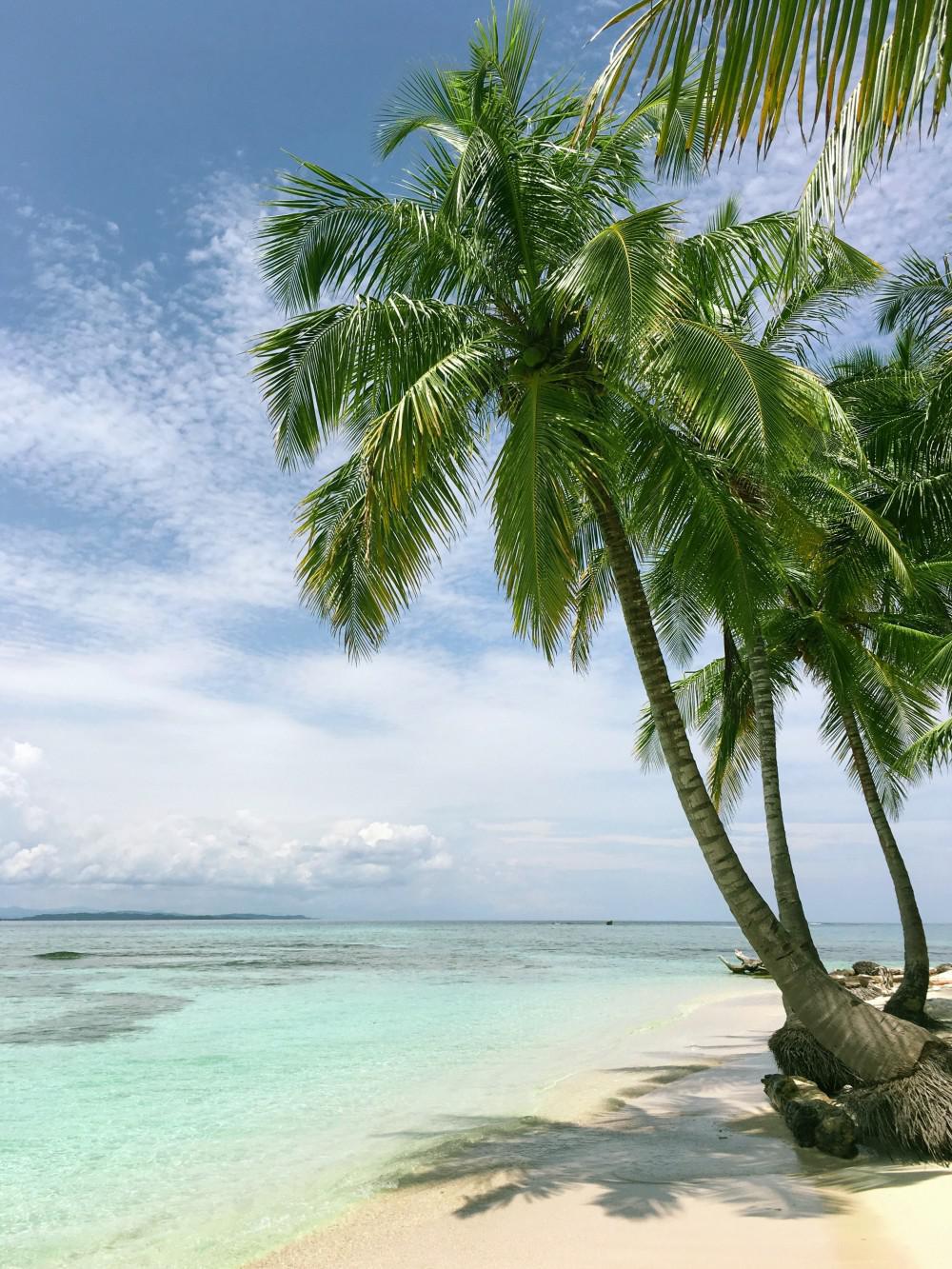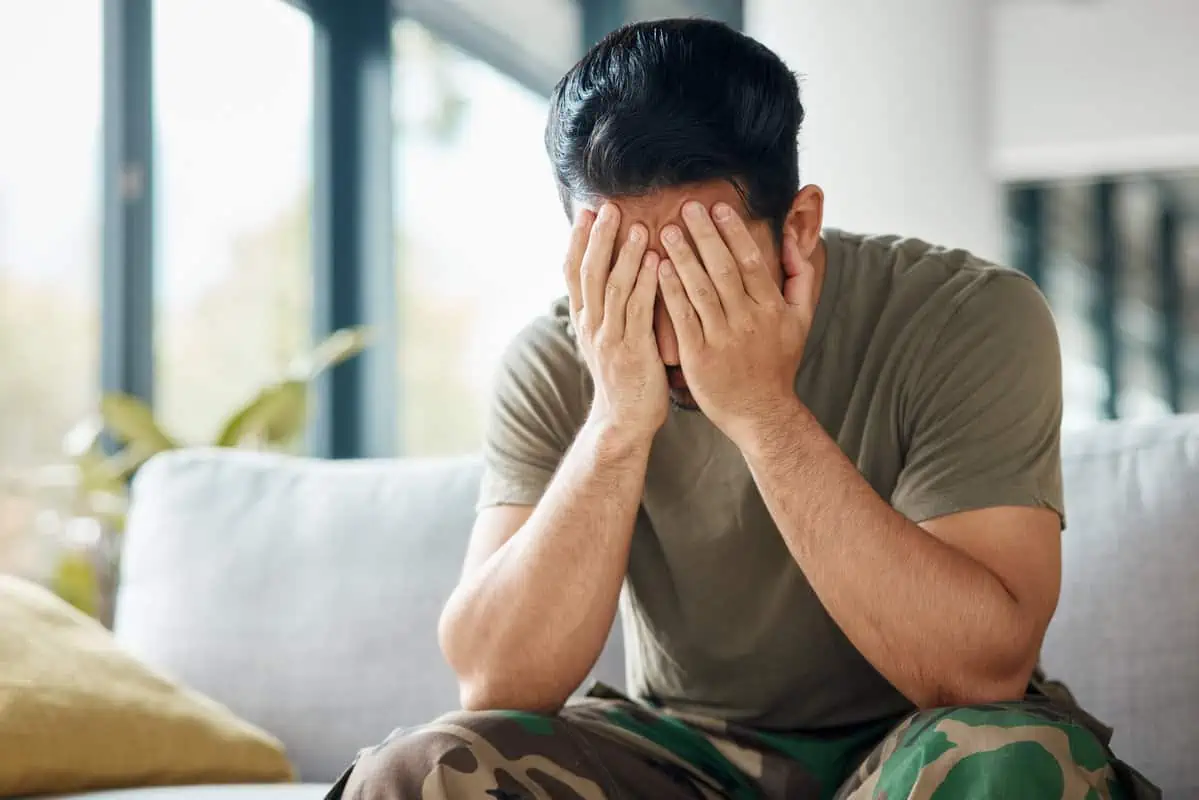How does the sun affect your skin?
Being out in the sun can be good for you. Sunlight can brighten your mood and help you feel healthier. But getting too much of the ultraviolet (UV) rays in sunlight or from a tanning bed can harm your skin. The damage may include:
- Skin changes like early wrinkling, sagging skin, and age spots.
- Skin cancer.
The lighter your skin is, the more easily it can be damaged by the sun. But everyone can benefit from protecting their skin from the sun, regardless of skin color.
The amount of skin damage you can get from sunlight depends on:
- The time of day. You are more likely to get a sunburn in the middle of the day. You might think that exposure to the sun isn’t a problem on cloudy days, but the sun’s UV rays can still pass through clouds.
- Whether you are near reflective surfaces, such as water, white sand, concrete, snow, or ice. All of these reflect the sun’s UV rays.
- The season of the year. The intense sunlight of summer days can cause more skin damage than the sunlight in other seasons.
How can you protect your skin from the sun?
Most sunburn and skin cancer can be prevented. Use the following tips to protect your skin. Avoid exposure to the sun
- Try to spend less time in the sun from 10 in the morning to 4 in the afternoon. Find shade if you need to be outdoors.
- Wear clothing that blocks the sun. This can be a wide-brimmed hat that covers your neck, ears, eyes, and scalp. It can also include loose-fitting, tightly-woven clothes that cover your arms and legs.
- Wear sunglasses that block UV rays.
Use sunscreen
- Always wear sunscreen on exposed skin. Make sure to use a broad-spectrum sunscreen that has a sun protection factor (SPF) of 30 or higher. Use it every day, even when it is cloudy. • Apply sunscreen at least 30 minutes before you go out in the sun. Put on more every 2 to 3 hours while you are in the sun and after you sweat a lot or swim.
- Take extra care to protect your skin when you’re near water, at higher elevations, or in tropical climates.
- Use a broad-spectrum lip balm or cream that has SPF of 30 to protect your lips from getting sunburned.







